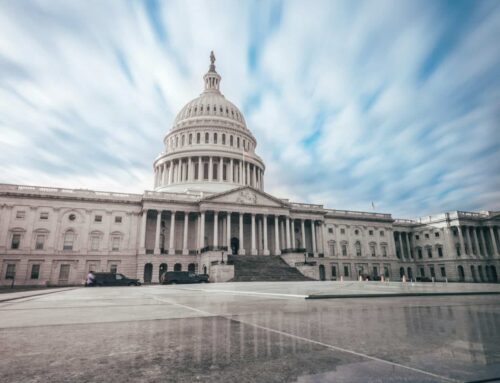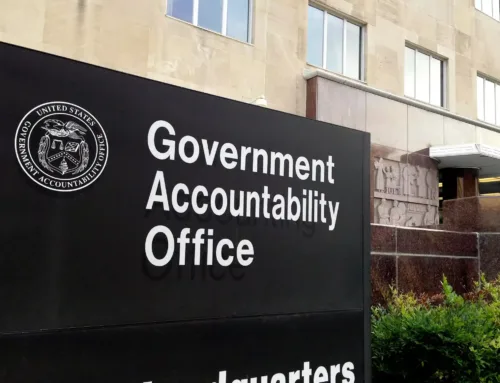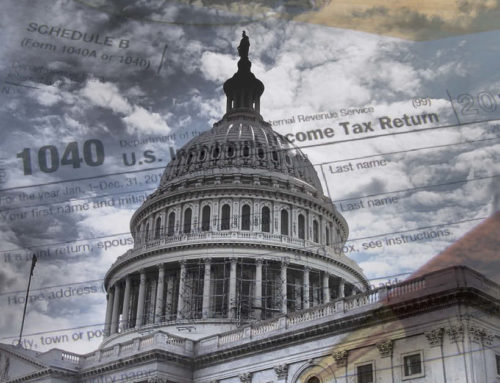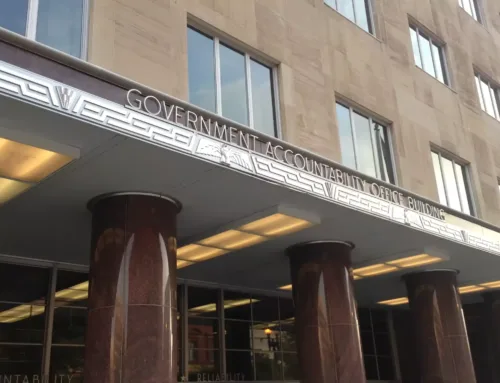The following statement is from Ms. Ryan Alexander, president of Taxpayers for Common Sense, regarding the “Tax Extenders Act of 2017”:
Dear Member of Congress,
Taxpayers for Common Sense is a national non-partisan budget watchdog that has been working on behalf of the nation’s taxpayers since 1995. On December 20, Senate Finance Committee Chairman Orrin Hatch (R-UT) released the “Tax Extenders Act Of 2017,” confirming what we at Taxpayers for Common Sense already knew: the Tax Cuts and Jobs Act was not tax reform. This package of 35 tax provisions known as “tax extenders” provides targeted tax breaks, extending what are supposedly temporary incentives for various industries, which in practice have been renewed on a fairly regular basis.
The tax extenders package comes on the heels of Congress’ passage of the Tax Cuts and Jobs Act, a bill that has been lauded as reforming the broken tax system, but in reality preserves a litany of parochial tax expenditures. Adding dozens of additional provisions for another year or two is the opposite of comprehensive tax reform. One of the major goals of tax reform is to eliminate the narrow parochial provisions like those in the extenders package, simplify the code, and generate increased revenue to drive down rates and not add to the deficit. Temporarily extending dozens of provisions creates uncertainty, perpetuates complexity, and hides the true cost of the extenders to taxpayers. If the tax legislation adopted was true tax reform, there would be a more efficient tax system that precluded the need for tax extenders.
Past extenders legislation has included a smorgasbord of breaks for special interests ranging from benefits for film and television productions, to oil and gas companies, and rebates of a rum excise tax – this bill is no different. Among its 35 provisions are exemptions for racehorse owners, electric motorcycles, and NASCAR track owners. Many of these extenders are distortions in the tax code that function as subsidies and corporate welfare. At times, extenders have even worked at cross purposes: For example, because of concerns that subsidizing parking discouraged the use of mass transit, Congress decided to subsidize both equally. There are tax breaks for renewable energies to help them compete with fossil fuels, which also get special tax breaks. These provisions deemed not important enough to be included in the rewrite of the tax code, are now being awarded to special interests outside of the tax package.
The episodic renewal of the extenders package hides their true cost. When scoring the ten-year cost of extenders legislation, the Congressional Budget Office assumes the provisions will expire after the duration of their extension, which has typically been two years. History demonstrates that they will likely be extended time and again over the entire ten-year budget window. Even if Congress included offsets for the scored cost, it would only represent a fraction of the true ten year cost.
Typically, the extenders package is a legislative parasite attaching itself to much bigger, must-pass legislation. In 2008, while lawmakers were scrambling to address dire warnings of economic collapse, the extenders package was slapped onto the bank bailout. In 2010, they burrowed their way into much bigger legislation extending the tax cuts enacted in 2001 and 2003. And then they wound up in the grand bargain to avoid the so-called fiscal cliff in 2013. At the end of 2015 extenders were included in the Taxibus (Omnibus spending bill for Fiscal Year 2016 with tax provisions added in) and some of them – deductibility of state and local sales taxes for instance – were made permanent. A provision that is repealed in the recent tax package offsetting a little – $42 billion – of the revenue loss. Which is another gimmick, a provision that only existed for two years was credited with ten years of savings.
Enacting extenders legislation is bad practice, not least because it represents short-sighted, indecisive, and ineffectual policymaking. The process by which tax extenders become and remain law fuels cynicism about the ability of Congress to address fiscal problems in a serious, pragmatic way. This is the exact opposite of what Congress should be doing with our tax code, and it has contributed to the inexorable growth of government debt to $20.6 trillion.
Tax policy, like federal spending, must help maximize the benefits of economic growth. In the pursuit of comprehensive tax reform, Congress needs to evaluate each provision by its economic efficiency. Every provision should be judged by a set of criteria including its economic efficiency, equity, simplicity, transparency, and administrability. Congress is now presented with an opportunity to break with convention, and dispense with the costly and inefficient use of tax extenders.
President, Taxpayers for Common Sense











